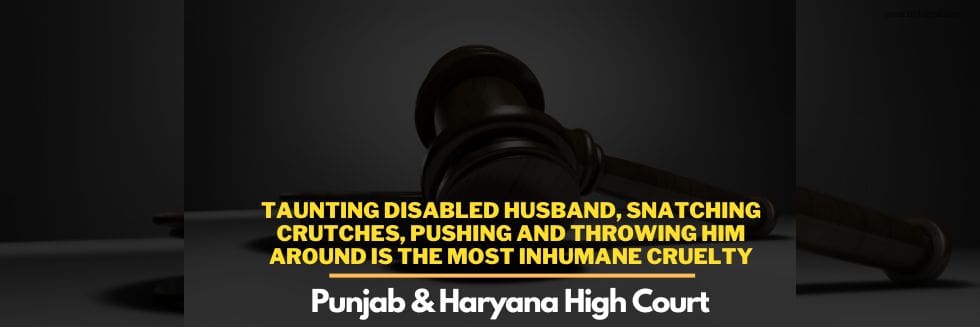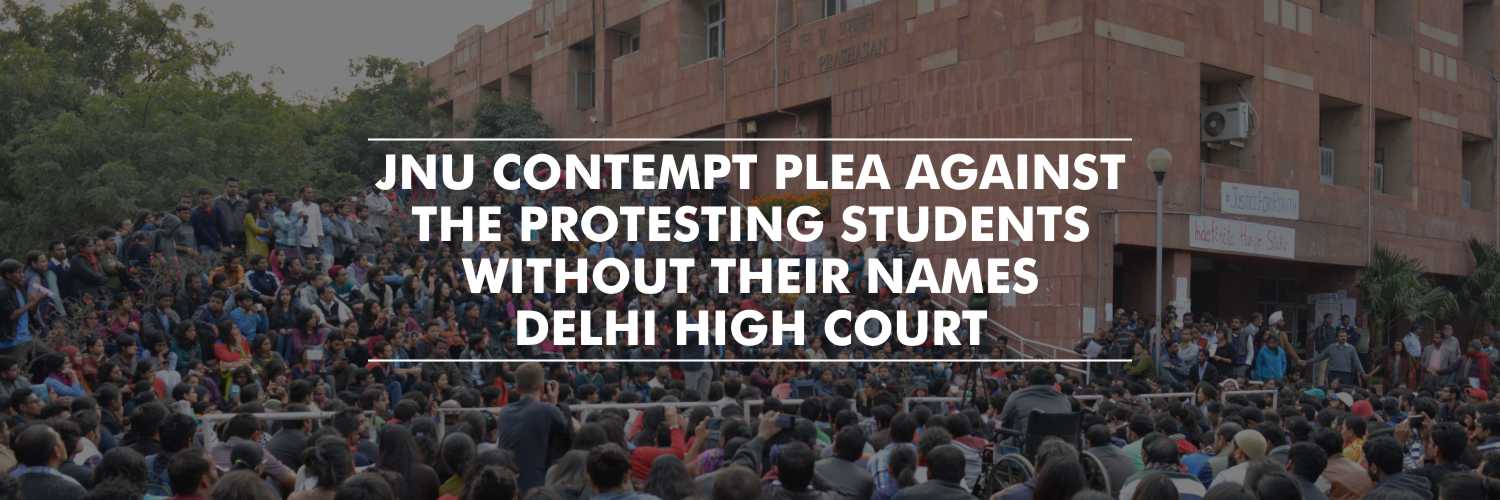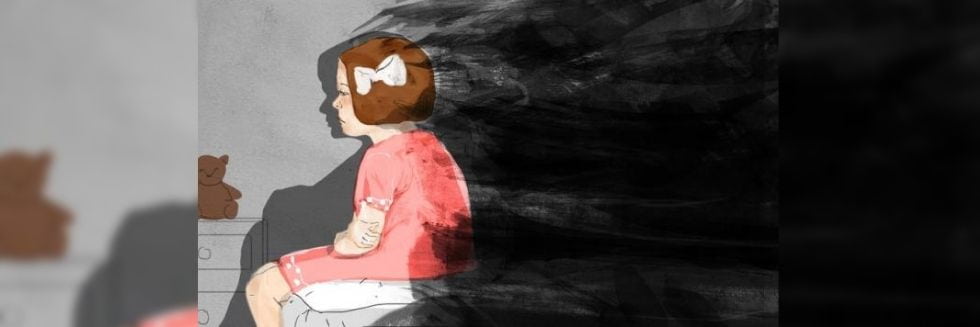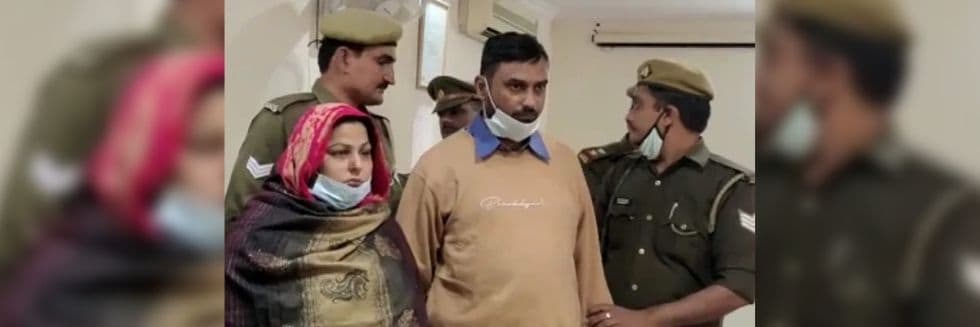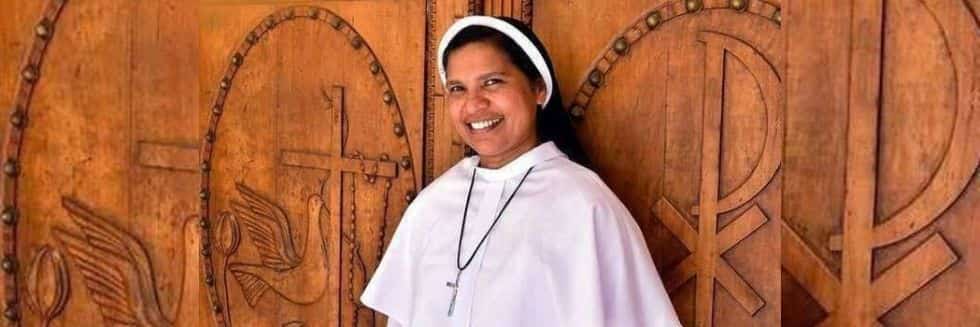While disposing of an appeal filed by a husband, Punjab and Haryana High Court held that the act of the respondent-wife in taunting the husband’s physical disability, snatching his crutches and manhandling and throwing him around, amounted to both physical and mental cruelty.
The appellant-husband had filed the petition challenging the order passed by the Additional District Judge, Hoshiarpur. In the order, the court rejected his petition seeking divorce on the grounds of cruelty and desertion under Section 13 of the Hindu Marriage Act, 1955.
The appellant was afflicted with polio since childhood. Immediately after their marriage, the wife started insulting and mocking him publicly for his physical disability. She also started taunting him ‘lulalunga’ in front of his family friends and friends. She also started manhandling and throwing him around which caused the appellant-husband immense trauma to the extent that he stopped calling his friends and relatives to his house. He was also disinherited from his parent’s property.
They started living separately. The respondent kept taunting him regarding his virility and snatching his crutches. She used to push and throw him on the ground in front of his friends and relatives. Therefore, she not only abused him physically but also caused him tremendous mental agony. The appellant-husband even argued that his wife had even threatened to kill him.
Witnesses testified of the respondent’s ill behaviour towards the appellant. The respondent used to file false complaints against the appellant under Dowry Act and Indian Penal Code.
“Taunting a person for his handicap, and pushing him around to throw him on the ground when he is helpless and unable to defend himself, constitutes the most inhumane kind of cruelty which can be meted out to any disabled person; and the respondent’s such actions amount to her inflicting both physical and mental cruelty on the appellant. Accordingly, the findings of the ld. ADJ, Hoshiarpur in this regard are held to be erroneous and contrary to the evidence on record, and are as such, reversed,” noted Justice Ritu Bahri and Justice Nidhi Gupta.
The bench observed that the rejection of the contentions of the appellant merely because he could not specify the date and time of such acts of cruelty, was erroneous.
“Though we have held that the acts of the respondent-wife amount to cruelty against the appellant-husband, we are, however, not oblivious to her requirements, and that of the son born of the parties’ wedlock. Accordingly, we direct that the husband shall pay to the wife a sum of INR 15,00,000/- (Rupees Fifteen Lakhs only) as one time permanent alimony and she will not claim any further amount at any later stage; and a sum of Rs. 10,00,000/- (Rupees Ten Lakhs only) shall be paid to their son Navjot. This amount be paid within six months from today. The judgment and decree dated 21.4.2010 passed by the learned Additional District Judge, Hoshiarpur, is set aside. The petition for divorce filed by the husband under Section 13 of the Act is decreed and the marriage of the parties solemnized on 3.3.2004 is dissolved by a decree of divorce,” the High Court observed.
